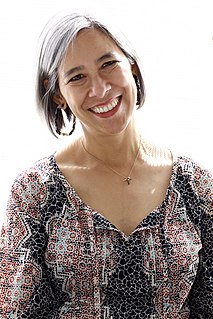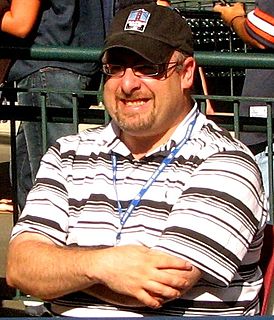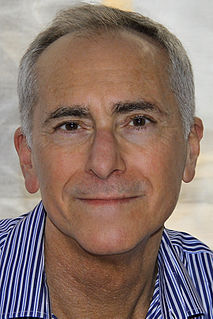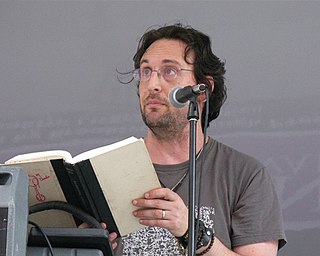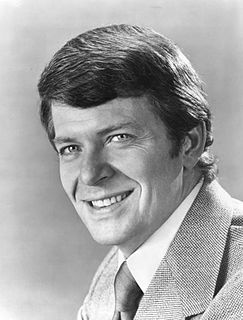A Quote by Leonardo DiCaprio
I remember reading the book in high school and always thinking of Gatsby as this strong, stoic, suave, mysterious man who had everything under control. But when I read it as an adult, I realised he is a hollow man, a shell of a person trying to find meaning, who is not completely in touch with reality.
Related Quotes
It's pathetic, but I don't really remember my first time reading 'The Great Gatsby.' I must have read it in high school. I'm pretty sure I remember it being assigned, and I generally did the reading. But I don't remember having a reaction to the book, even though I loved literature, and other works made a lasting impression on me at that age.
I remember reading 'The Grapes of Wrath' in high school in 1983. My family had immigrated to the U.S. three years before, and I had spent the better part of the first two years learning English. John Steinbeck's book was the first book I read in English where I had an 'Aha!' moment, namely in the famed turtle chapter.
I developed a mania for Fitzgerald - by the time I'd graduated from high school I'd read everything he'd written. I started with 'The Great Gatsby' and moved on to 'Tender Is the Night,' which just swept me away. Then I read 'This Side of Paradise,' his novel about Princeton - I literally slept with that book under my pillow for two years.
We are living at an important and fruitful moment now, for it is clear to men that the images of adult manhood given by the popular culture are worn out; a man can no longer depend on them. By the time a man is thirty-five he knows that the images of the right man, the tough man, the true man which he received in high school do not work in life.
One of man's important mistakes, one which must be remembered, is his illusion in regard to his I. Man such as we know him, the 'man-machine,' the man who cannot 'do,' and with whom and through whom everything 'happens,' cannot have a permanent and single I. His I changes as quickly as his thoughts, feelings and moods, and he makes a profound mistake in considering himself always one and the same person; in reality he is always a different person, not the one he was a moment ago.
I grew up in a completely bookless household. It was my father's boast that he had never read a book from end to end. I don't remember any of his ladies being bookish. So I was entirely dependent on my schoolteachers for my early reading with the exception of The Wind in the Willows, which a stepmother read to me when I was in hospital.
I grew up in a completely bookless household. It was my father's boast that he had never read a book from end to end. I don't remember any of his ladies being bookish. So I was entirely dependent on my schoolteachers for my early reading with the exception of 'The Wind in the Willows,' which a stepmother read to me when I was in hospital.

